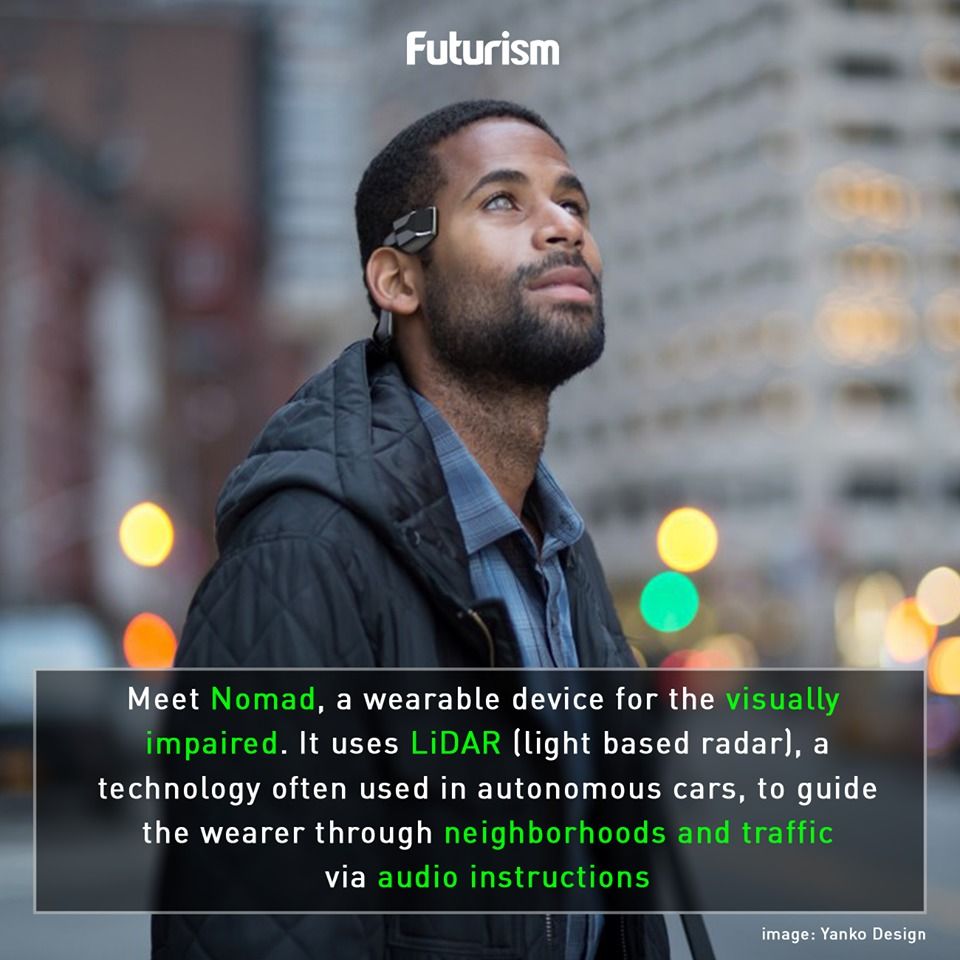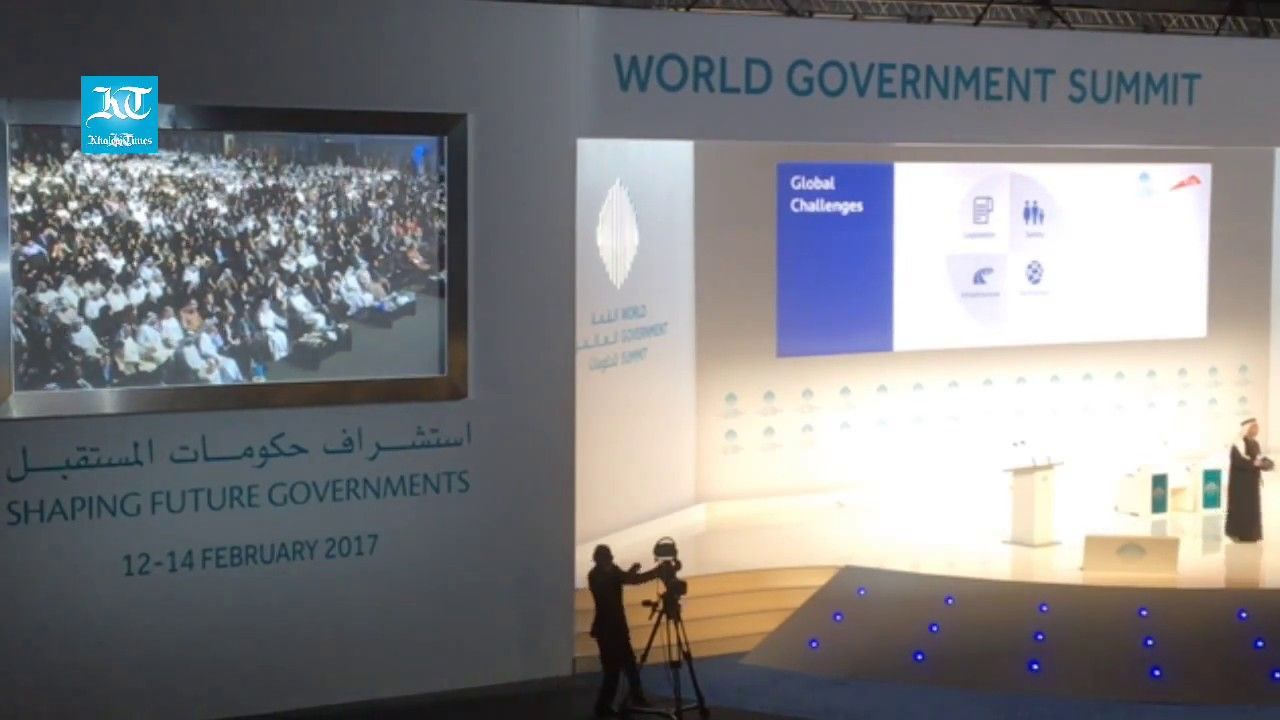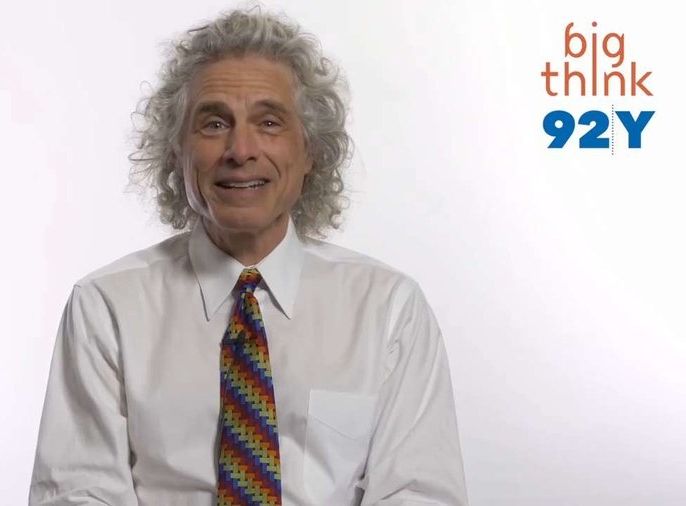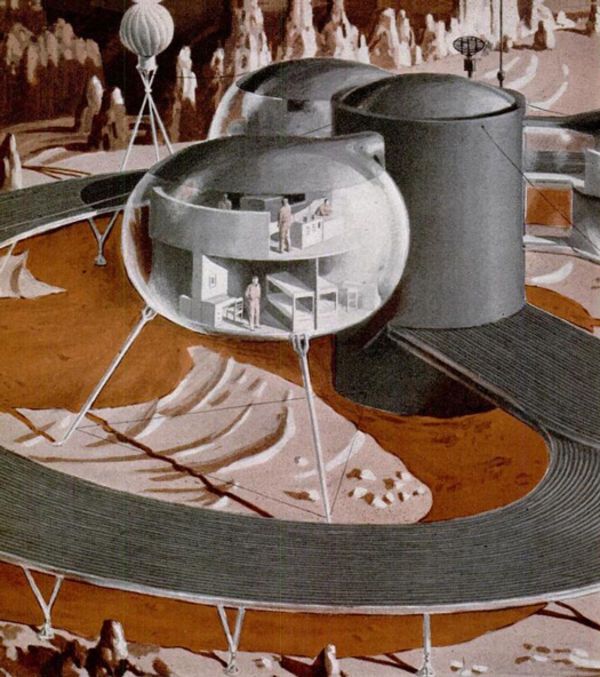Page 10224
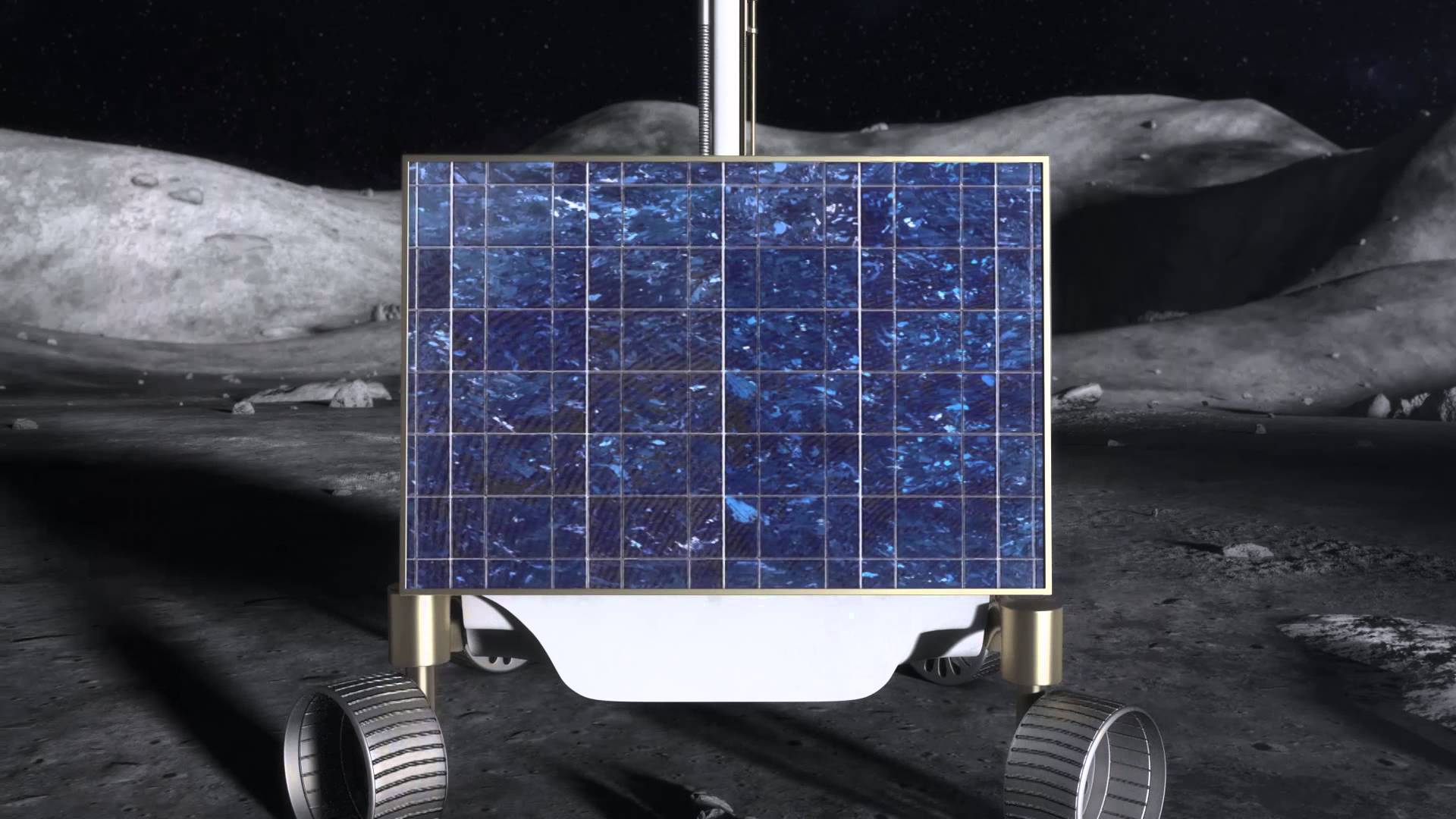
(RP) is an in-situ resource utilization (ISRU) technology demonstration mission which will test extraction of oxygen, water and other volatiles from lunar soil (regolith). It will also measure mineralogical content such as silicon and light metals, like aluminum and titanium, from lunar regolith. Expanding human presence beyond low-Earth orbit to asteroids and Mars will require the maximum possible use of local materials, so-called in-situ resources, and the moon presents a unique destination to conduct robotic investigations that advance ISRU capabilities, as well as providing significant exploration and science value.
Feb 15, 2017
DARPA: We’re Moving to Merge Humans and Machines
Posted by Klaus Baldauf in categories: Elon Musk, government
Feb 15, 2017
Elon Musk’s Surprising Reason Why Everyone Will Be Equal in the Future
Posted by Shailesh Prasad in categories: Elon Musk, Ray Kurzweil, robotics/AI
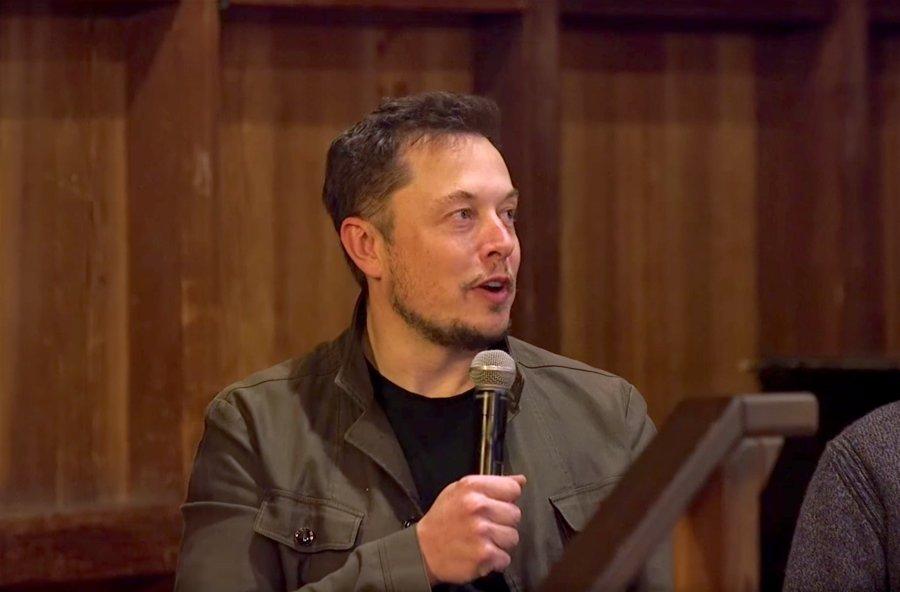
A recent conference on the future of artificial intelligence features visionary debate between Elon Musk, Ray Kurzweil, Sam Harris, Nick Bostrom, David Chalmers, Jaan Tallinn and others.
Feb 15, 2017
Warren Buffett just dropped Walmart, and signaled the death of retail as we know it
Posted by Shane Hinshaw in category: futurism
Retail is dieing.
Buffett’s been paring his stake in Walmart since. He first bought shares in Walmart in 2005.
He said Amazon’s competitors, “including us in a few areas, have not figured the way to either participate in it, or to counter it.”
Feb 14, 2017
Brand New Maths Could Finally Explain How Disturbances Propagate Through Space-Time
Posted by Shane Hinshaw in categories: cosmology, mathematics, physics

The Universe as we know it is made up of a continuum of space and time — a space-time fabric that’s curved by massive objects such as stars and black holes, and which dictates the movement of matter.
Thanks to Einstein’s gravitational waves, we know disturbances can propagate through both space and time. But what’s less understood is exactly how that happens when properties of the fabric is continuously shifting.
Feb 14, 2017
How Soon Will Genetic Enhancement Create Smarter Humans?
Posted by Shane Hinshaw in categories: genetics, neuroscience
This video is part of a series on genius, in proud collaboration with 92Y’s 7 Days of Genius Festival.
In the late 1990s, scientists thought they were close to locating specific genes that controlled for human intelligence in all its manifestations: musical genius, analytical acumen, physical prowess, etc. But the truth turns out to be more complicated, says Harvard psychologist and linguist Steven Pinker. There are many genes — perhaps thousands — that affect human intelligence, and while manipulating them may have predictable benefits, the adverse consequences remain unpredictable. Thus experimenting with our so-called intelligence genes will likely be met with high levels of skepticism in caution. It’s proof, says Pinker, that technological advancement doesn’t always march to the drum beat of inexorable forward progress.
Feb 14, 2017
Scientists Just Showed That Human Eyes Can Detect A Single Photon
Posted by Shane Hinshaw in category: futurism
In Brief:
Researchers found out that human eyes can detect single photons when in the dark. Human eyes become more sensitive when subjected to darkness, making our eyes capable of doing a task that even high-tech machines struggle to perform.
Researchers from Rockefeller University and the University of Vienna recently discovered that human eyes can detect even the smallest units of light, called photons, under super-dark conditions. This is the first time that experts were able to show this capability of the human eye.
Continue reading “Scientists Just Showed That Human Eyes Can Detect A Single Photon” »
Feb 14, 2017
The United Arab Emirates wants to build a city on Mars
Posted by Klaus Baldauf in categories: government, space travel
A little more than 40 years ago, Dubai was a tiny pearl-fishing village lined with dirt roads. Now it’s the largest and most futuristic city in the world, the jewel of the United Arab Emirates (UAE). From manmade, palm tree-shaped archipelagos to jetpack-wearing firefighters and the world’s tallest building, the city has a reputation for taking on insanely ambitious projects and executing them with swiftness and expertise. Now, the UAE has a vision to build an even crazier city—on Mars.
On Tuesday, hot on the heels of the World Government Summit in Dubai, the vice president and prime minister of the UAE and Emir of Dubai, Sheikh Mohammad bin Rashid Al Maktoum, announced the country’s goal of building a “mini-city and community on Mars” with international cooperation.
“We aspire to great things, so my brother Mohammed bin Zayed [the first president of the UAE and crown prince of Abu Dhabi] and I today decided the UAE will join the global effort to send humans to Mars,” Al Maktoum announced, as if going to Mars were as easy as deciding what to have for dinner.
Continue reading “The United Arab Emirates wants to build a city on Mars” »
